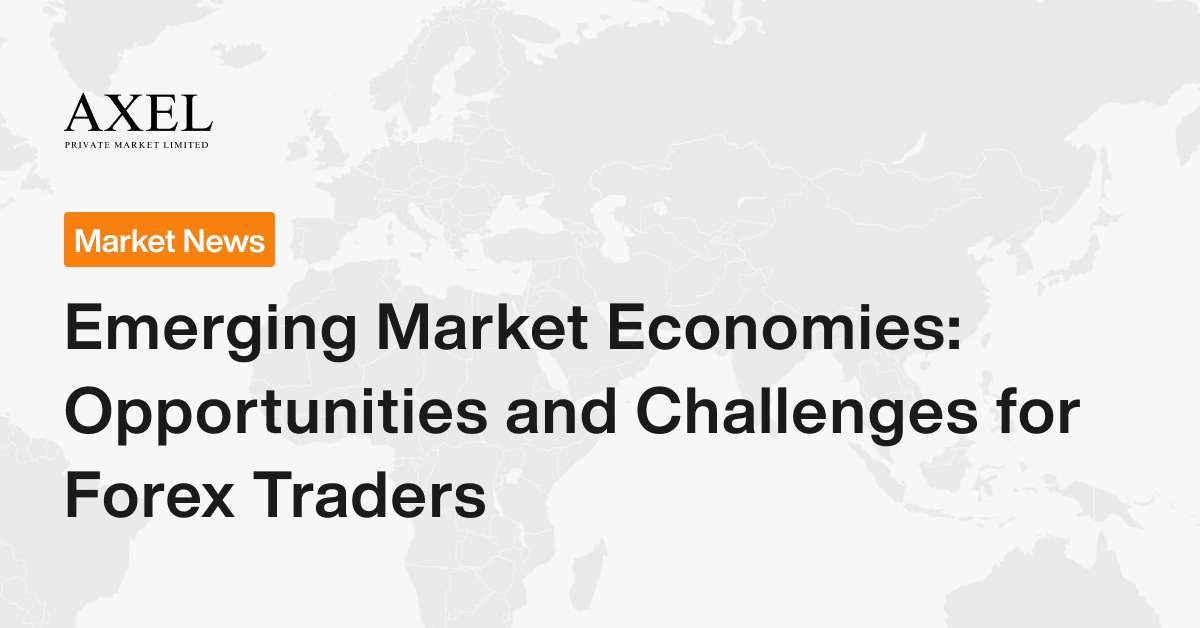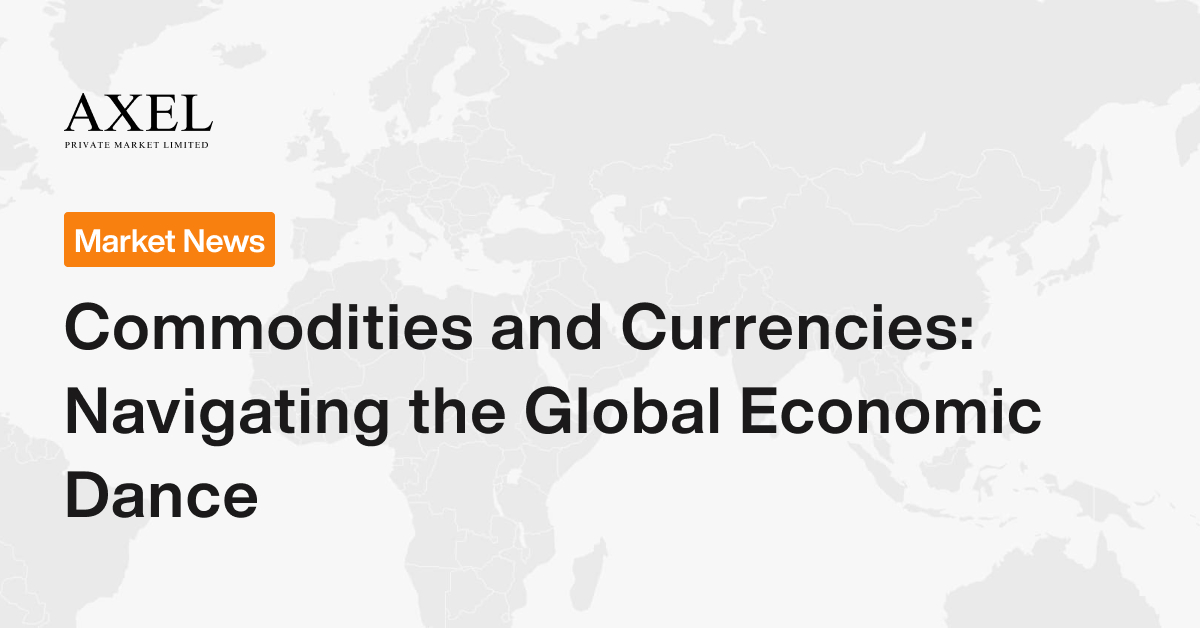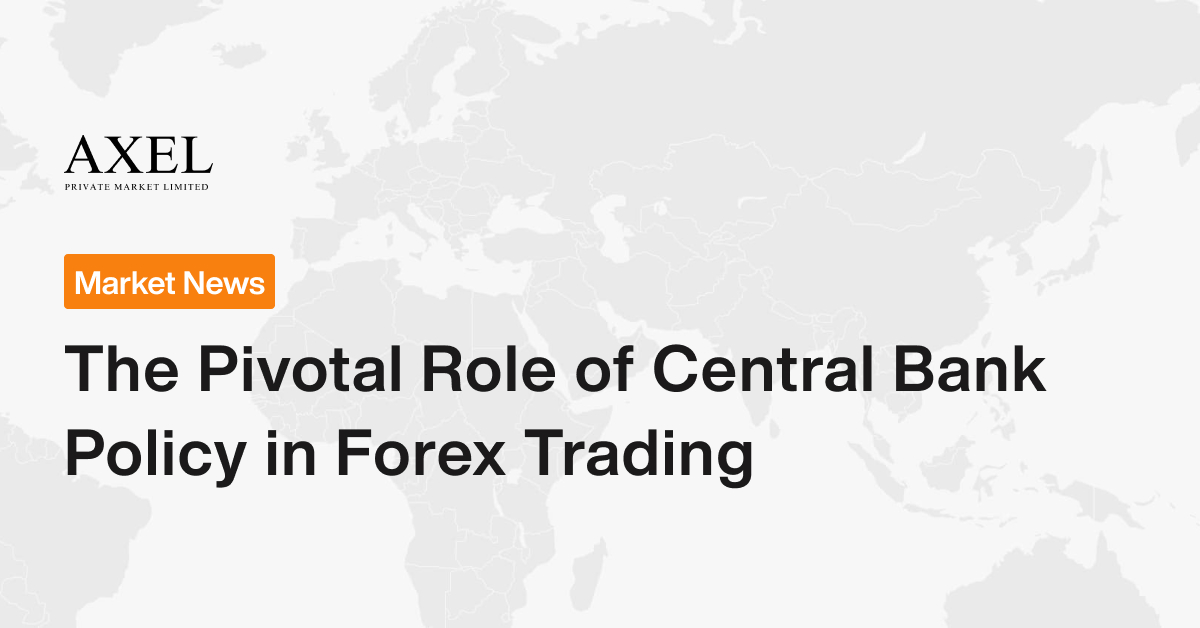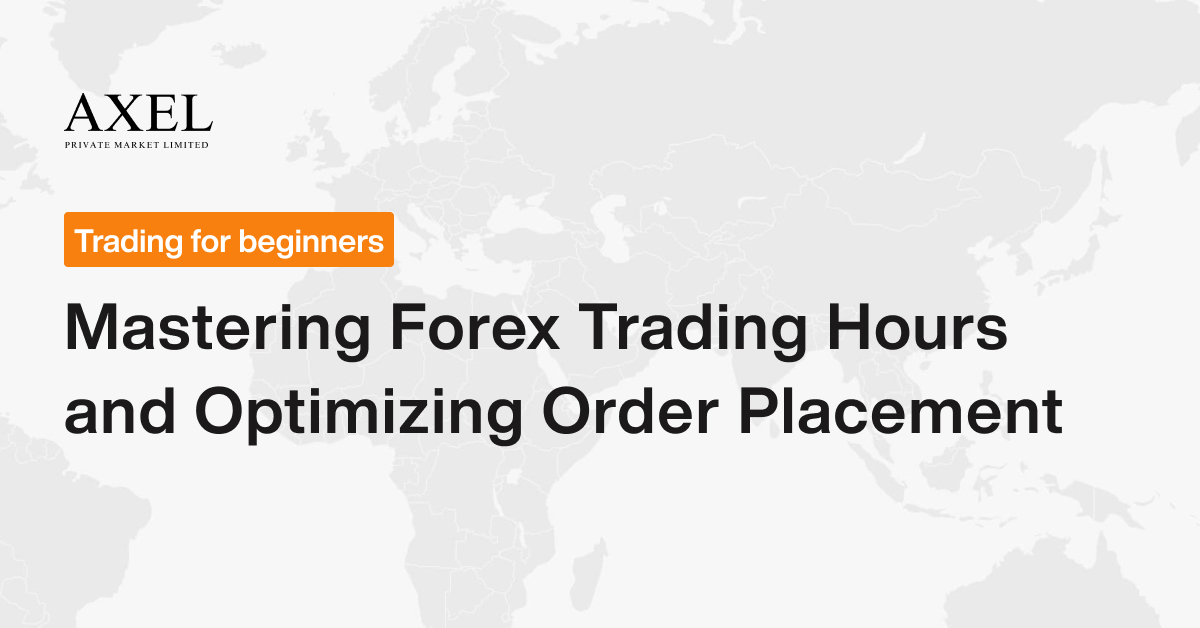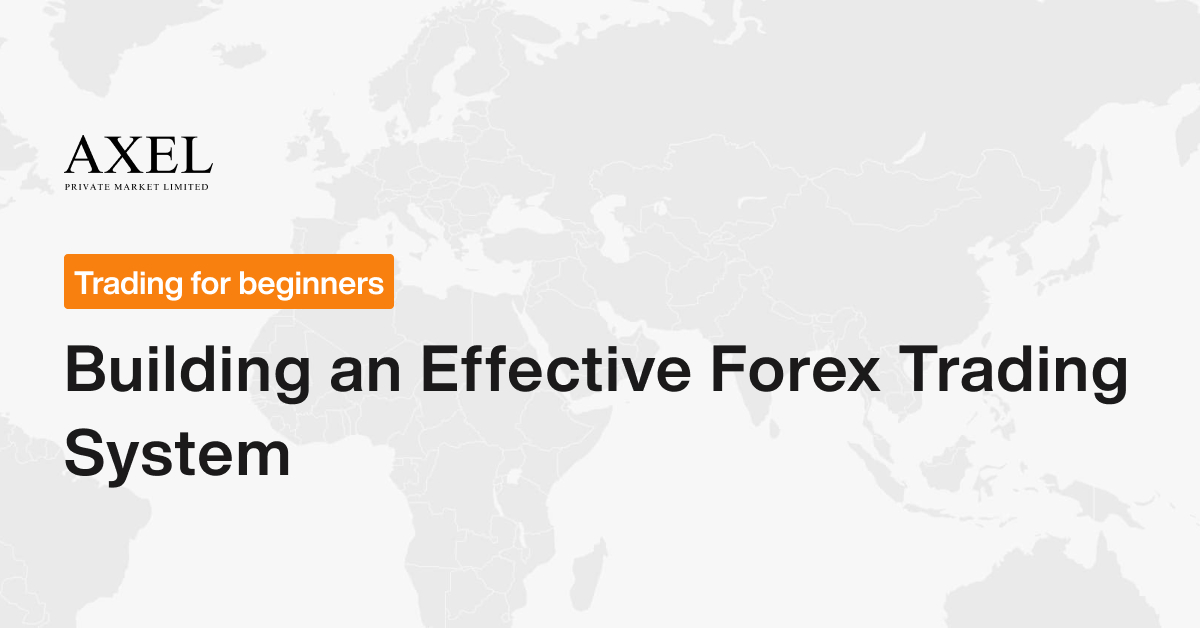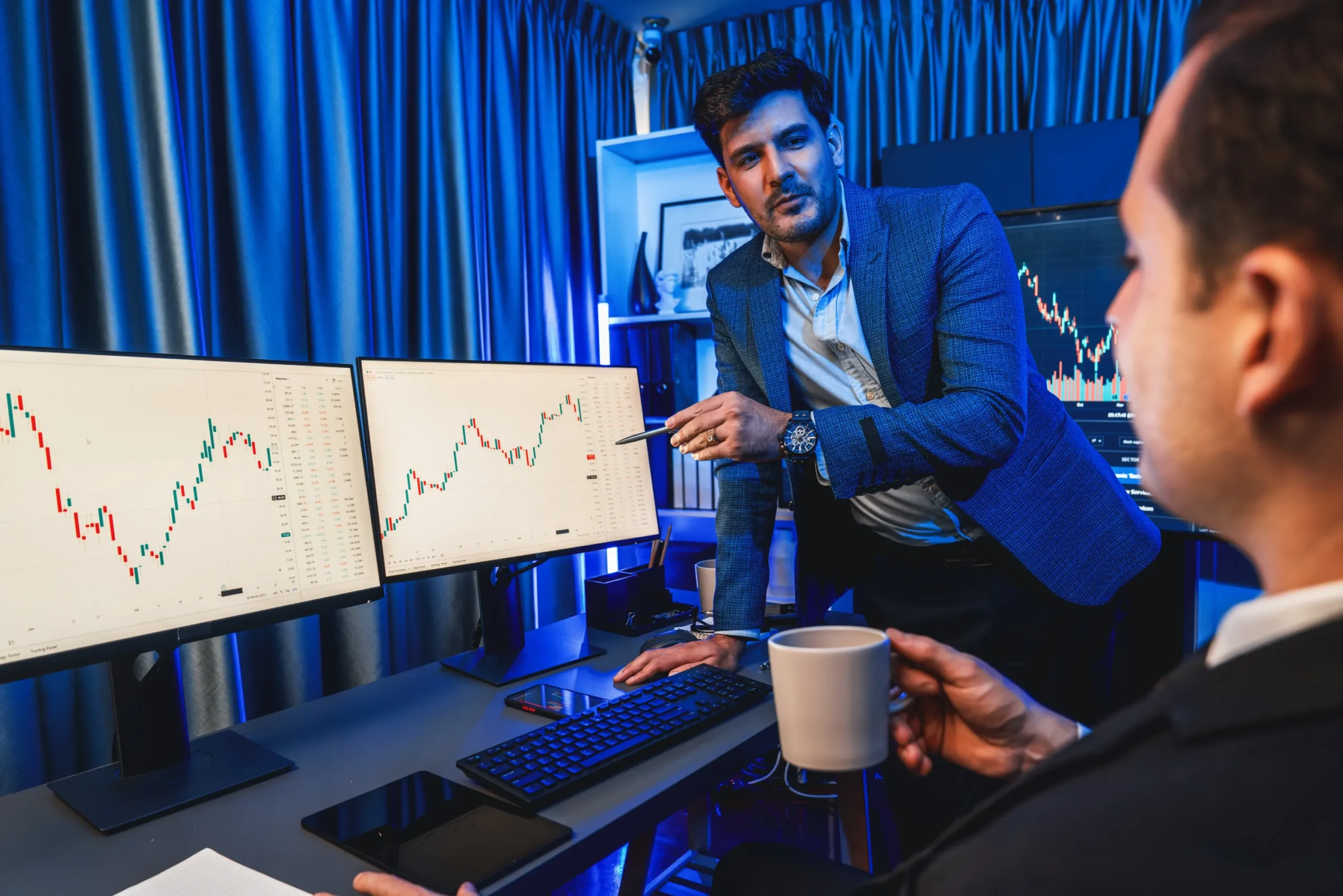INTRODUCTION
Forex, short for Foreign Exchange, is the world’s largest and most liquid financial market, where currencies of different countries are traded against each other. It is an essential component of the global financial system, facilitating international trade, investment, and the exchange of goods and services across borders.

In recent years, Forex trading has gained significant popularity among individual investors, particularly beginner traders. This can be attributed to several factors:
- Accessibility: The advent of online trading platforms has made Forex trading accessible to a wider audience, allowing individuals to participate in this dynamic market from the comfort of their homes or mobile devices.
- Liquidity: The Forex market operates 24 hours a day, 5 days a week, providing ample opportunities for traders to enter and exit positions at their convenience.
- Leverage: Forex trading often allows for the use of leverage, which can amplify potential gains (and losses) for traders, making it appealing to those seeking higher returns.
However, the complexity of the Forex market and the inherent risks involved make proper education and the use of reliable learning resources crucial for beginner traders. Without a solid understanding of market dynamics, trading strategies, and risk management, traders may face significant challenges and potential losses.
In this article, we will explore various avenues where aspiring Forex traders can acquire the necessary knowledge and skills to navigate the market successfully. By highlighting reputable learning resources, we aim to empower beginners with the tools and confidence to embark on their Forex trading journey.
WHERE TO LEARN FOREX
Acquiring the necessary knowledge and skills is essential for success in the Forex market, especially for beginner traders. Fortunately, there are numerous avenues available to learn Forex trading, each offering unique advantages. Let’s explore some of the reliable learning resources:
Online Courses and Tutorials
The internet has revolutionized the way we learn, and Forex trading is no exception. There are numerous reputable online courses and tutorials that provide comprehensive coverage of Forex fundamentals, market dynamics, trading strategies, and risk management.
Some popular platforms offering high-quality Forex education include:
- Udemy: A leading e-learning platform with a wide range of Forex trading courses, catering to various skill levels and learning styles.
- Coursera: Partnering with top universities and industry experts, Coursera offers online courses that delve into the theoretical and practical aspects of Forex trading.
- edX: This nonprofit online learning platform features Forex-focused courses from prestigious institutions, providing in-depth coverage of the market and trading techniques.
- BabyPips.com: A dedicated Forex education website that offers a comprehensive “School of Pipsology,” guiding beginners through the fundamentals of Forex trading.
Books and eBooks
Timeless and trusted, books and eBooks remain valuable resources for Forex traders. These publications provide a structured and comprehensive approach to learning, covering essential concepts, strategies, and industry insights.
Some must-read Forex trading books for beginners include:
- “Currency Trading for Dummies” by Brian Dolan
- “The Complete Guide to Forex Trading” by Kathy Lien
- “Forex for Beginners” by Anna Coulling
- “The Forex Market Course” by Lien and Borish
YouTube Channels and Podcasts
In the digital age, video and audio-based learning have become increasingly popular. Forex-focused YouTube channels and podcasts offer a dynamic and engaging way to learn from experienced traders and market analysts.
Recommended YouTube channels for Forex education:
- The Forex Guy: Provides in-depth market analysis, trading strategies, and educational content.
- InTheMoney: Covers a wide range of Forex and trading-related topics, catering to traders of all skill levels.
Informative Forex trading podcasts to consider:
- The Investors Podcast Network: Features interviews with successful traders and investors.
- The Forex Hound Podcast: Offers insights, tips, and discussions on Forex trading.
Trading Simulators and Demo Accounts
Before risking real capital, beginner Forex traders can benefit from practicing on trading simulators and demo accounts. These platforms allow you to experience the live market environment without the actual financial commitment, helping you develop your skills and confidence.
Many reputable Forex brokers offer demo accounts, enabling you to familiarize yourself with their trading platforms and test various strategies without any financial risk.
By exploring these diverse learning resources, aspiring Forex traders can build a solid foundation of knowledge, develop practical skills, and gain the confidence necessary to navigate the dynamic Forex market successfully.
RELIABLE LEARNING RESOURCES
Beyond the initial steps of Forex education, it is crucial for traders to continually seek out reliable and up-to-date information to refine their knowledge and stay informed about market developments. Here are some reliable learning resources that can aid in your Forex trading journey:
Forex Trading Websites and Blogs
There are numerous well-established Forex trading websites and blogs that offer a wealth of educational content, market analysis, and trading insights. These resources can help you stay abreast of the latest trends, strategies, and industry news.
Some notable Forex trading websites and blogs to explore include:
- ForexFactory: A leading Forex community platform that provides news, analysis, and a comprehensive educational section.
- DailyFX: Operated by IG, this website offers in-depth market research, technical analysis, and educational content.
- FXStreet: A comprehensive Forex portal that covers news, analysis, educational resources, and trading tools.
Online Trading Communities and Forums
Interacting with experienced Forex traders and sharing knowledge within online communities can be invaluable. These platforms allow you to ask questions, receive feedback, and learn from the collective experiences of fellow traders.
Recommended online Forex trading communities and forums:
- Reddit’s r/Forex: A vibrant subreddit dedicated to Forex trading, with active discussions and educational resources.
- TradingView Forums: Offers a thriving community of traders across various asset classes, including Forex.
Regulatory Bodies and Industry Associations
Consulting resources from official regulatory bodies and industry associations can provide reliable information on Forex trading practices, regulations, and best practices. These organizations often offer educational materials and guidelines to help traders navigate the market responsibly.
Examples of reputable regulatory bodies and industry associations in the Forex space include:
- National Futures Association (NFA): The self-regulatory organization for the U.S. derivatives industry, providing guidance and resources for Forex traders.
- Commodity Futures Trading Commission (CFTC): The U.S. government agency that regulates the Forex market, offering educational materials and market reports.
By leveraging these reliable learning resources, Forex traders can continuously expand their knowledge, stay informed about market developments, and enhance their overall trading skills and decision-making abilities.
CONCLUSION
In the dynamic and ever-evolving world of Forex trading, a well-rounded education and the use of reliable learning resources are essential for beginner traders to navigate the market successfully. By exploring the diverse avenues discussed in this article, aspiring Forex traders can build a solid foundation of knowledge and develop the necessary skills to achieve their trading goals.
From comprehensive online courses and informative books to engaging YouTube channels and insightful trading communities, the resources available for Forex education are vast and constantly expanding. Leveraging these reliable sources of information can provide traders with a deeper understanding of market dynamics, trading strategies, and risk management principles.
Furthermore, the opportunity to practice on trading simulators and demo accounts allows beginners to hone their skills in a risk-free environment, further enhancing their confidence and preparedness before engaging in live Forex trading.
As you embark on your Forex trading journey, remember that continuous learning and the adoption of best practices are key. Stay curious, stay diligent, and stay committed to your education. By doing so, you can increase your chances of success and navigate the Forex market with a well-informed and strategic approach.
Ultimately, the Forex market presents both challenges and opportunities for those willing to invest the time and effort into their learning and development. With the right mindset and the utilization of reliable resources, you can position yourself for a rewarding and enriching Forex trading experience.
FAQs
As you embark on your Forex trading journey, you may have several questions and concerns. Here are some frequently asked questions (FAQs) and their answers to help you navigate the Forex market more effectively:
What is the best way to start learning Forex trading?
The best way to start learning Forex trading is to begin with the fundamentals. Enroll in online courses, read reputable books, and explore educational resources that cover the basics of Forex, including market dynamics, currency pairs, trading strategies, and risk management. Gradually build your knowledge and practical skills by practicing on demo accounts before transitioning to live trading.
How much capital do I need to start Forex trading?
The amount of capital required to start Forex trading can vary, as Forex trading often allows the use of leverage. However, it’s generally recommended to start with a relatively small amount, such as $500 to $1,000, and gradually increase your trading capital as you gain experience and confidence. Remember, it’s crucial to manage your risk effectively and not risk more than you can afford to lose.
What are the common mistakes that beginner Forex traders should avoid?
Some common mistakes that beginner Forex traders should avoid include:
- Overleveraging: Using excessive leverage can amplify losses and lead to devastating financial consequences.
- Lack of a trading plan: Trading without a well-defined strategy and risk management plan can result in emotional decision-making and inconsistent results.
- Overtrading: Trying to trade too often can lead to fatigue, poor judgment, and increased risk of losses.
- Ignoring market news and events: Failing to stay informed about global economic and political developments can leave you vulnerable to unexpected market movements.
How long does it take to become a successful Forex trader?
There is no one-size-fits-all answer, as the time it takes to become a successful Forex trader can vary significantly based on various factors, such as your prior experience, dedication to learning, and ability to develop a consistent and disciplined trading approach. However, it’s generally accepted that it can take several months to a few years for a beginner to develop the necessary skills, knowledge, and emotional control to consistently generate profits in the Forex market.
Remember, Forex trading requires a long-term commitment to learning, practice, and continuous improvement. By addressing these common questions and concerns, you can better prepare yourself for the challenges and opportunities that lie ahead in your Forex trading journey.
